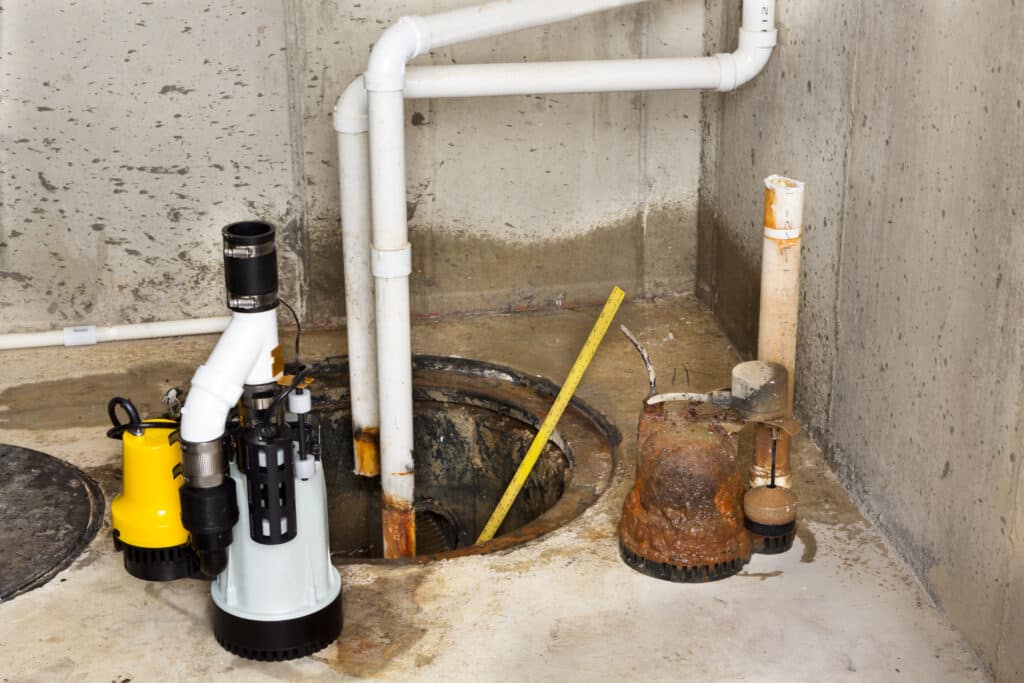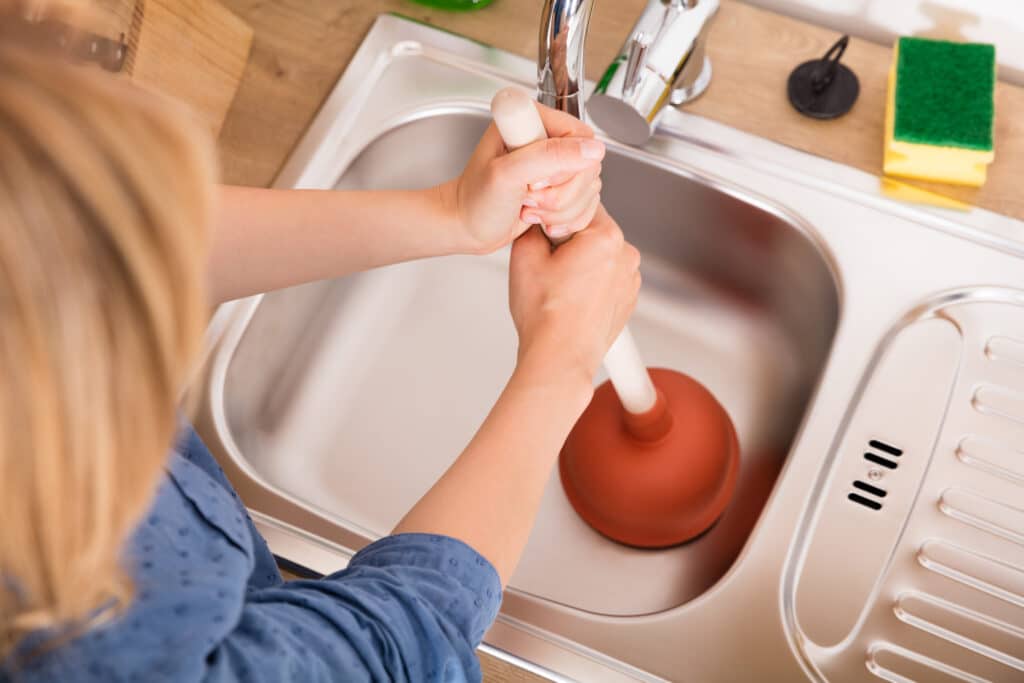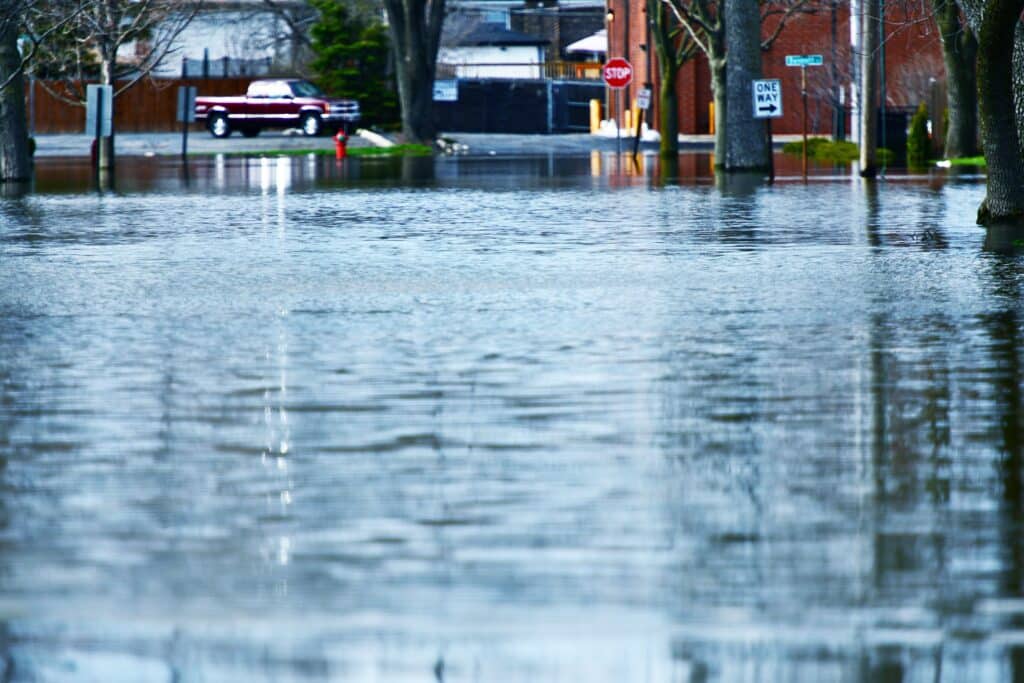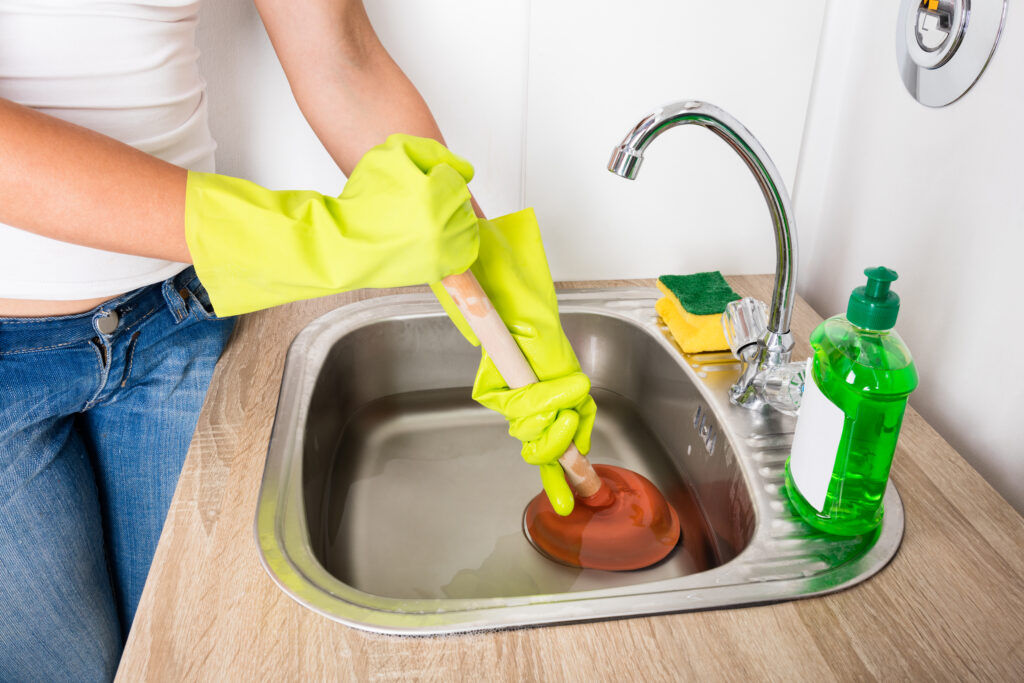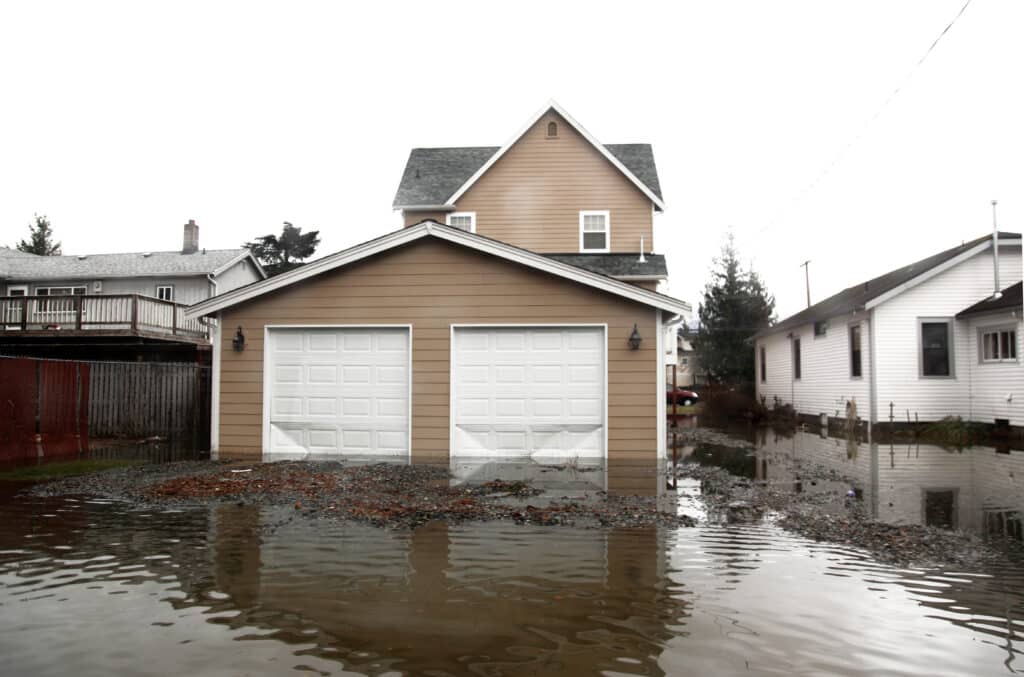
Dealing with a flood in your home or commercial property can be incredibly frustrating to deal with. From damaged furniture to ruined floors and drywall, it can be a long road to recovery. While treating flood damage in your home or business, you may wonder whether you can keep any water-damaged appliances.
At Liberty Restoration, we understand that you want to return your space to its original condition as quickly as possible and might want to avoid replacing costly appliances. However, there are a few factors to consider before you keep these appliances. If you have recently dealt with a flood and aren’t sure whether you should keep your water-damaged appliances, keep reading to see what our team recommends.
The Risk of Keeping Water-Damaged Appliances After a Flood
While you might be tempted to use your water-damaged appliances following a flood, there are several reasons why this might not be in your best interest. During flooding, there is a chance that your appliances shifted and are no longer stable enough to operate safely. In addition to shifting during a flood, there is a chance that there may be damage to any electrical or gas lines attached to the appliance.
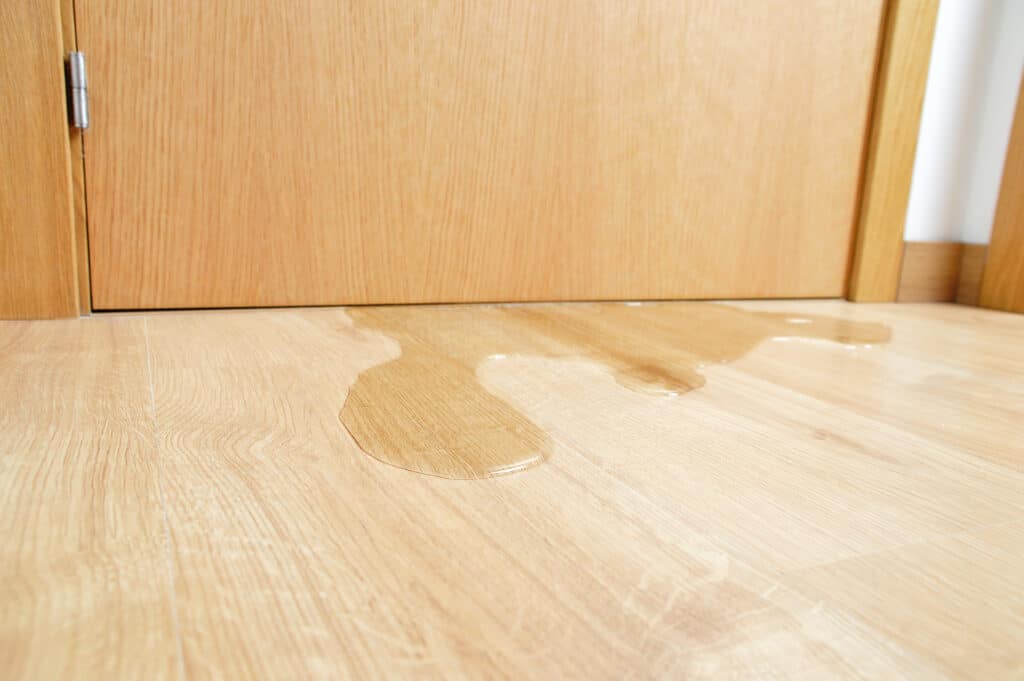
If you have gas appliances in your home, it is important to refrain from using these appliances until someone can come to inspect the line for damage. Without proper inspection, you risk exposing yourself to a gas leak. If you smell an odor similar to rotten eggs, this might be a sign of natural gas leaking into your home. If this occurs, it is important to evacuate your home as soon as possible. Once you’ve evacuated, call your local gas company or 911 to report the leak.
There is also a risk of mold exposure if you keep water-damaged appliances in your home. As water gets trapped inside appliances, this creates the perfect environment for mold spores to grow and spread. Mold exposure can lead to respiratory illness in residents, making it important to address it as soon as the mold growth begins.
What to do After Your Appliances are Damaged in a Flood?
There are many steps to take following a flood in your home. If you have water-damaged appliances and there is still standing water in your home, it is important to contact your power company as soon as possible to turn off the power to your home. Turning off the power to your home prevents electrical currents from passing through the water.
You should also reach out to a technician to have any water-damaged appliances inspected. Before the technician arrives, don’t attempt to unplug or inspect any appliances on your own. Avoiding DIY inspections protects you from potential shocks and burns. You should also avoid going near your appliances while there is standing water to prevent shocks and burns as well.
Finally, if you have recently experienced a flood in your home, it is important that you keep your HVAC system turned off until after it is inspected. If there is standing water and mold growth in your home, turning on your HVAC system may unintentionally spread mold spores across the space, making the problem much worse.
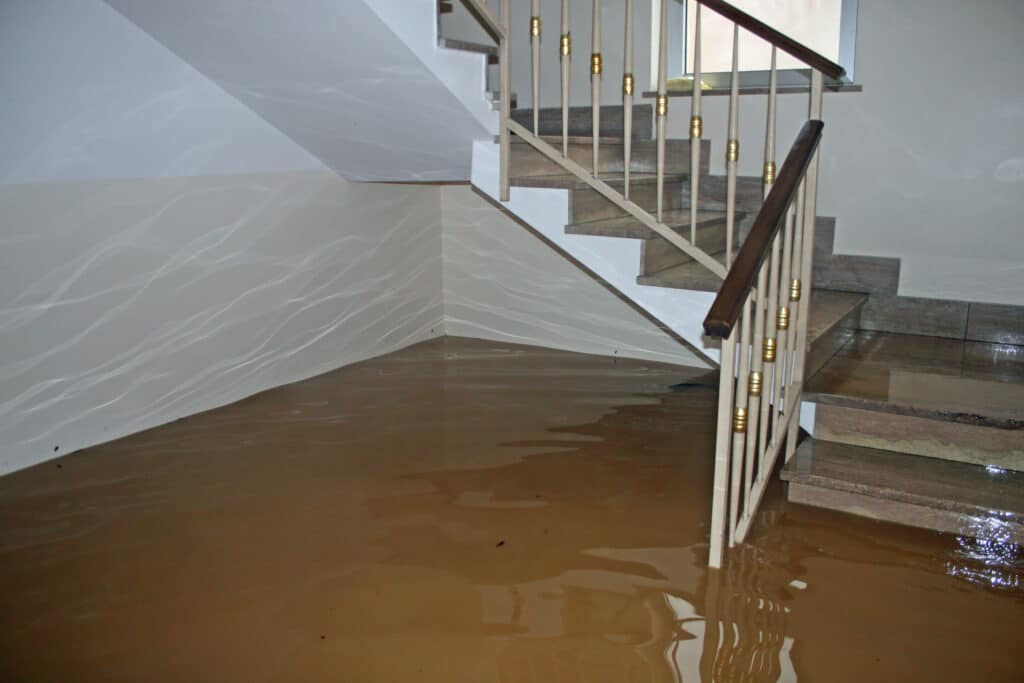
When Should You Replace Appliances After a Flood?
If you have dealt with flooding in your home, it might be best to simply replace any water-damaged appliances. If you have flood insurance, it should cover the cost of replacing any of these appliances. Additionally, attempting to find replacement parts and schedule repairs for these appliances may be more costly and time-consuming than simply replacing them.
If you’ve recently replaced the appliance, it might be a good time to read through the warranty. Your warranty might not cover flood damage to your appliance, which is where your flood insurance will come in handy. Ultimately, if you have older appliances in your home that suffered from substantial water damage, scheduling replacement is your best path forward.
Finally, consider how long your appliance was submerged in water. The longer your appliances are submerged in water, the less likely it is that it can be salvaged. If there is still standing water present in your home when you return after flooding, it is safe to assume that the appliance is beyond repair and needs to be replaced.
Can Any Appliances Be Saved After a Flood?
If your appliance wasn’t fully submerged in water during the flood, there is a chance that it can be salvaged. However, it is important that any inspections of these devices be done by a professional to keep you and your loved ones safe from electrocution. Some devices, like your washing machine, dryer, and dishwasher, may require minor repairs before they are in good working order again.
Your oven may also be salvageable, with only a few minor replacements to ensure it is working properly. It is important to remember to never turn on any devices you believe are salvageable before an inspector comes to see them. This may lead to a short circuit and cause more substantial damage to your water-damaged appliances than it had previously dealt with.
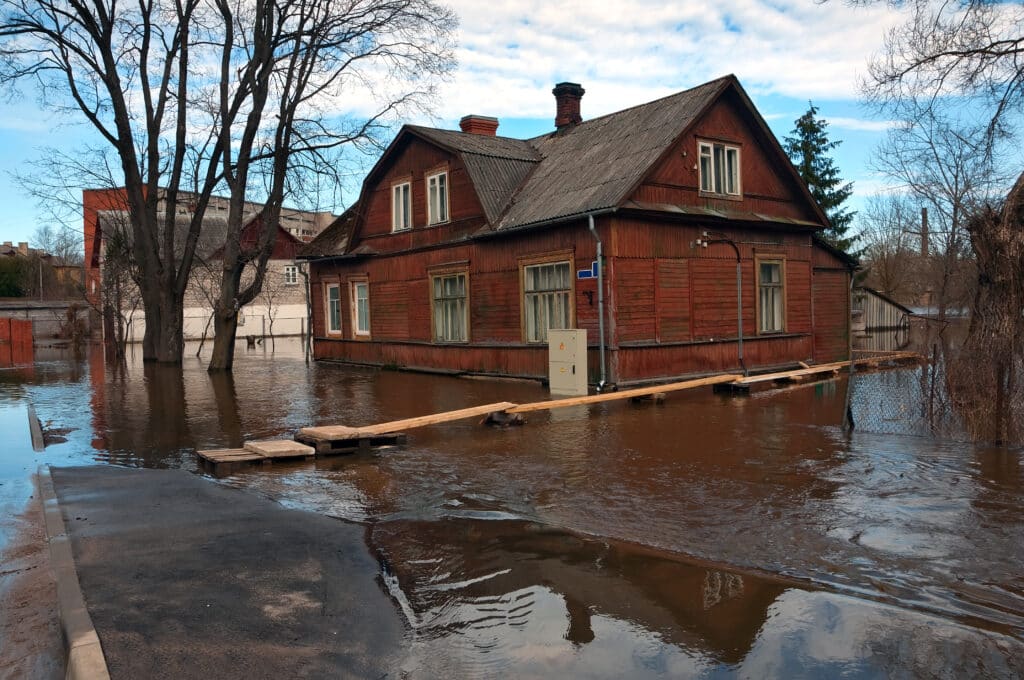
Recovering from a Flood with Liberty Restoration
If you are trying to recover from a flood, our team at Liberty Restoration is here to help you return your home or commercial property to its former glory. With years of experience helping Utah home and business owners recover from a variety of unexpected events, including fires, storms, mold, and much more. If you have recently dealt with a flood in your home and you aren’t sure where to turn, contact our team at Liberty Restoration to start restoring your home. Whether you’re dealing with the removal of water-damaged appliances or restoring furniture, we’re here to make this process much easier.

